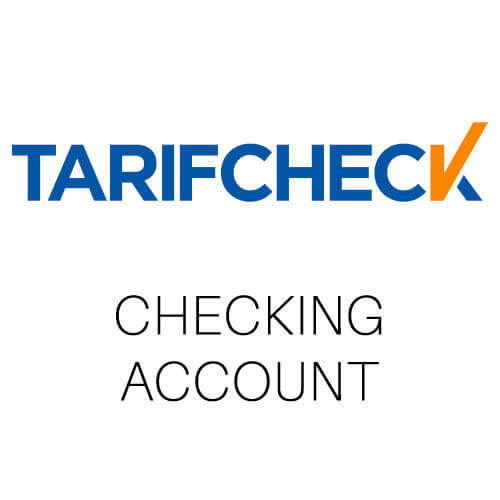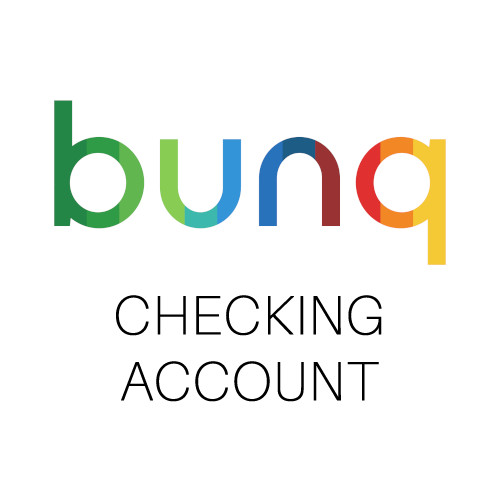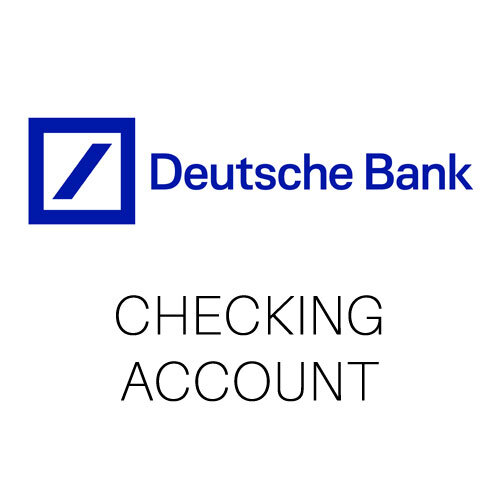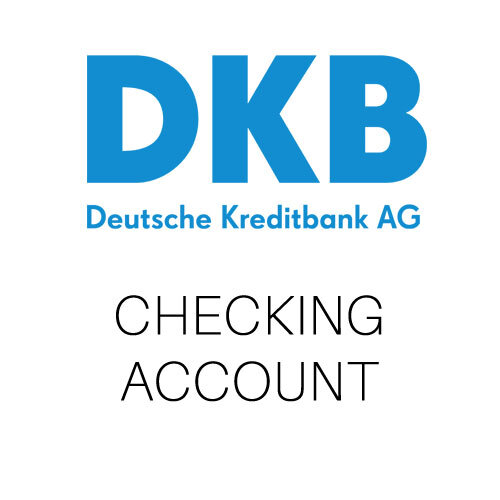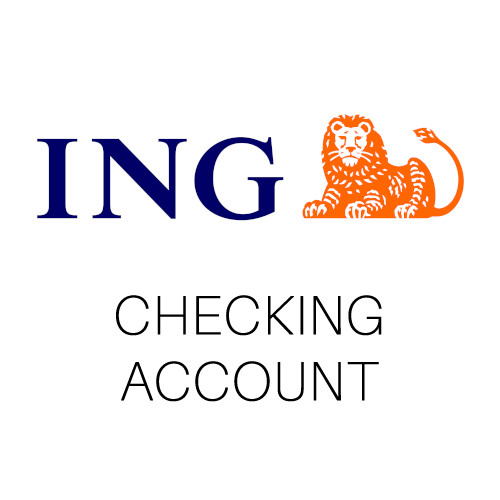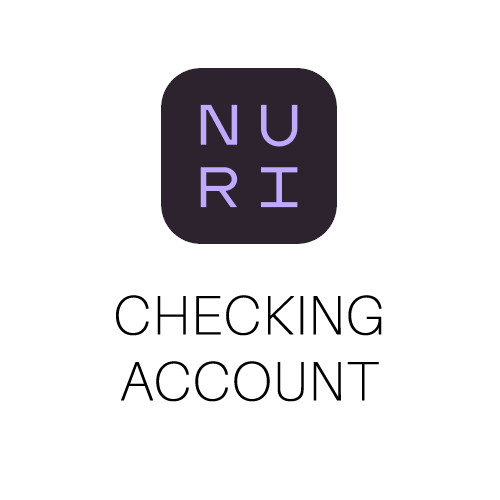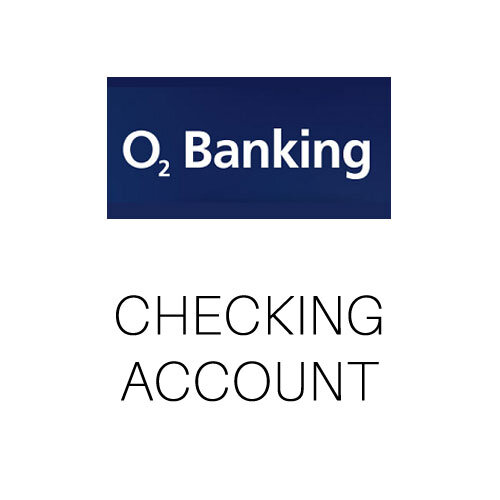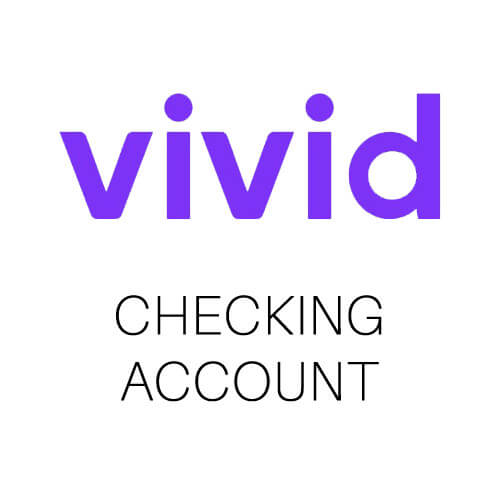TOP German Savings Accounts
Saving money is one of the best things you can do for your future, and there are a few different types of accounts to help you do it. One type is fixed-term savings accounts, which offer attractive interest rates (e.g. 3.95% p.a. from Klarna). If you just want to use a regular debit account (Girokonto), click here. If you’re looking for something more flexible, you might want to consider a flexible (variable) savings account. In Germany, rising interest rates have made saving even more attractive. In fact, some German banks are offering some of the highest interest rates in Europe on savings accounts. DKB is still paying 3.5% interest on your Tagesgeld Account until 31st January 2024, so open a free DKB account now if you don’t already have one. See our overview below of the most attractive savings accounts with high interest yield for you:




